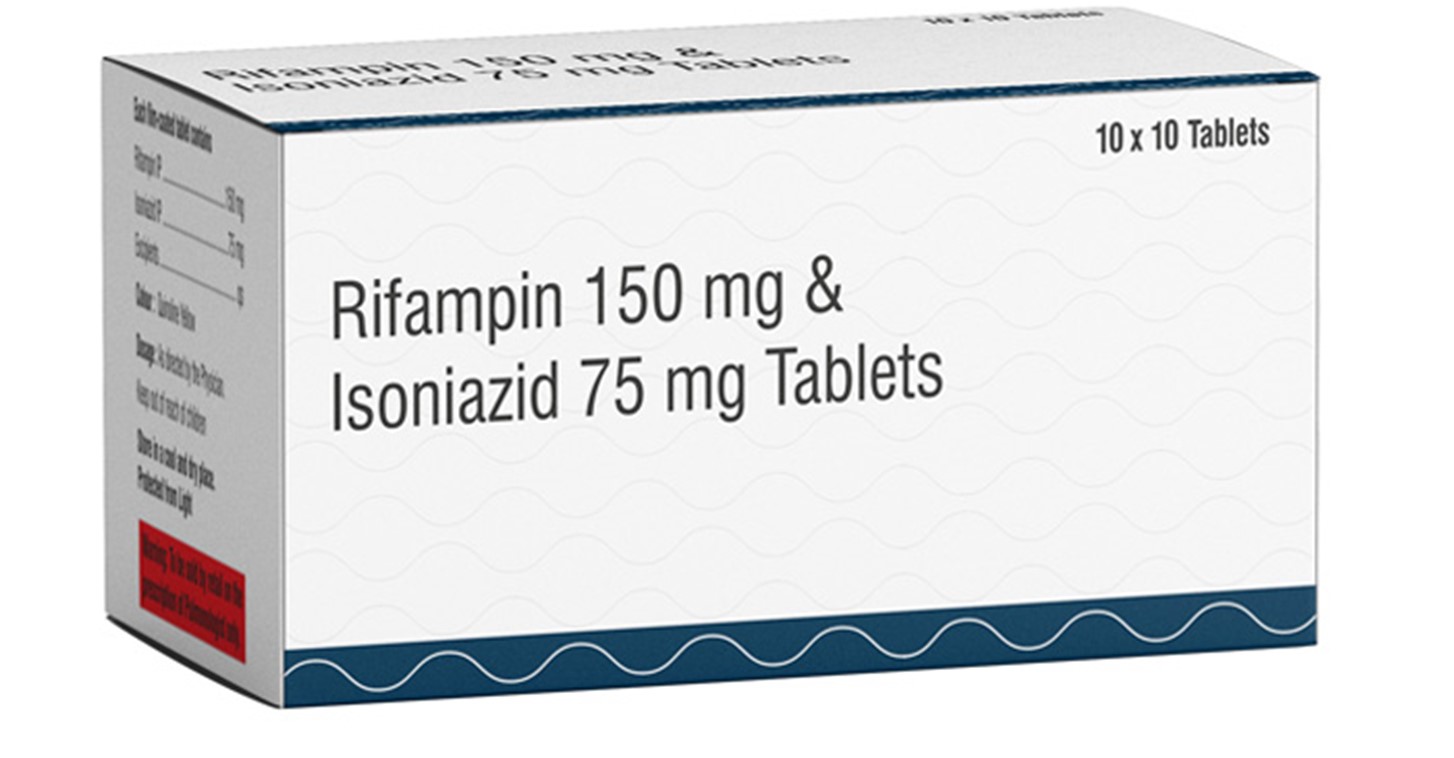An adult exposed to tuberculosis is scheduled to begin prophylactic treatment with isoniazid. Which information is most important for the nurse to note before administering the initial dose?
Conversion of the client's PPD test from negative to positive
History of intravenous drug abuse
Current diagnosis of hepatitis B
Length of time of the exposure to tuberculosis
The Correct Answer is C
Choice A: Conversion of the client's PPD test from negative to positive is not the most important information for the nurse to note, as this is an expected finding for a client who has been exposed to tuberculosis and does not affect the administration of isoniazid. This is a distractor choice.
Choice B: History of intravenous drug abuse is not the most important information for the nurse to note, as this is not directly related to the use of isoniazid and does not contraindicate its administration. This is another distractor choice.
Choice C: Current diagnosis of hepatitis B is the most important information for the nurse to note, as this can increase the risk of hepatotoxicity and liver damage from isoniazid, which requires close monitoring and possible dose adjustment. Therefore, this is the correct choice.
Choice D: Length of time of the exposure to tuberculosis is not the most important information for the nurse to note, as this does not influence the dosage or frequency of isoniazid and does not indicate any complication or adverse reaction. This is another distractor choice.

Nursing Test Bank
Naxlex Comprehensive Predictor Exams
Related Questions
Correct Answer is A
Explanation
Choice A: Obtain a blood pressure reading before the client gets out of bed. This is the most important intervention, as it can prevent or detect orthostatic hypotension, which is a drop in blood pressure when changing position from lying to standing. Orthostatic hypotension can cause dizziness, fainting, or falls, and it can be caused by medications, dehydration, or cardiac problems.
Choice B: Monitor and record the client's urinary output every day. This is not the most important intervention, as it does not address the client's anxiety or adjustment issues. The urinary output should be monitored for signs of fluid balance, kidney function, or infection, but it is not a priority for this client.
Choice C: Provide the client with teaching regarding a cardiac diet. This is not the most important intervention, as it does not address the client's anxiety or adjustment issues. The cardiac diet should be taught to promote heart health, lower cholesterol, and reduce sodium intake, but it is not a priority for this client.
Choice D: Assess the client's vital signs every 4 hours when awake. This is not the most important intervention, as it does not address the client's anxiety or adjustment issues. The vital signs should be assessed for signs of infection, pain, or hemodynamic instability, but they are not a priority for this client.
Correct Answer is ["A","B","C","D"]
Explanation
The correct answer is A, B, C, and D.
Choice A reason: Flushing the gastrostomy tube with water is essential to maintain tube patency and prevent medication interactions. It should be done before and after medication administration. The typical amount of water used for flushing can range from 15 to 30 mL.
Choice B reason: Administering each medication separately is a critical practice to prevent drug interactions and ensure that the full dose of each medication is delivered. It also helps in preventing the clogging of the tube.
Choice C reason: Documenting all liquid volumes, including medications and water used for flushing, is important for accurate fluid intake records. This helps in maintaining fluid balance and monitoring the patient’s hydration status.
Choice D reason: Checking gastric residual volume is important to assess the patient’s tolerance to enteral feeding and to prevent complications such as aspiration. Normal gastric residual volumes are generally considered to be less than 250 mL.
Choice E reason: Using a plunger to administer medications through a gastrostomy tube is not always recommended. Medications should be administered slowly to prevent discomfort or harm, and the use of a plunger is not a standard practice across all healthcare settings.
Whether you are a student looking to ace your exams or a practicing nurse seeking to enhance your expertise , our nursing education contents will empower you with the confidence and competence to make a difference in the lives of patients and become a respected leader in the healthcare field.
Visit Naxlex, invest in your future and unlock endless possibilities with our unparalleled nursing education contents today
Report Wrong Answer on the Current Question
Do you disagree with the answer? If yes, what is your expected answer? Explain.
Kindly be descriptive with the issue you are facing.
